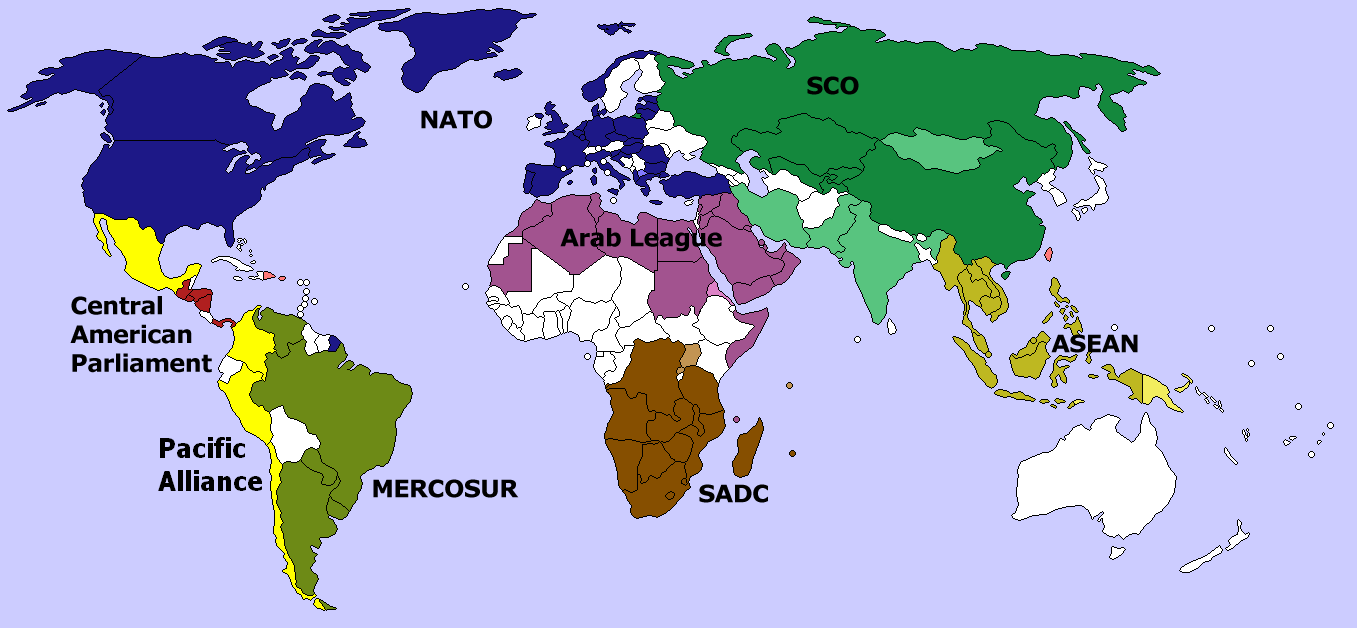If you're a frequent reader of this blog you've noticed that I am a big believer in "gamification." There's a reason (actually reasons) people enjoy playing sports, Nintendo and board games. It's exciting to find ways to bring the thrill and challenge of a game and apply it to learning. Fantasy Geopolitics crossed my radar several weeks ago, but it wasn't until today that I finally had time to log-on and try it out.
It's free and very easy to set up. All you need is an e-mail address and a few minutes. Navigating the website is very easy. Once you've signed up, it is time to create a league. You can create multiple leagues, which will be handy if you want each class or grade to have their own league. As you set up the league you'll be asked to decide how long the season will be and how many countries players add to their roster. I chose the maximum (five) but you can opt for only one per player. Remember you will need to multiply the number of choices by the number of students in your class. If you have twenty-five students in a league and their rosters will all have five countries, you're talking about 125 different choices. That's going to take time, but it's also going to mean students do more research. Finding a balance is up to you!
In order to succeed in this game, students need to pay attention to trends and current events. Four weeks ago, Malaysia would, unfortunately, be a good choice because the media coverage of Malaysia 370 was intense. As the search winds down and the World Cup in Brazil approaches, it becomes increasingly likely that Brazil will net points on a regular basis. If the season started in February, Russia would've been a spectacular draft. The Olympics wracked up points on a daily basis for two weeks, and this was followed by the events in Crimea. To aid students in their research, Fantasy Politics provides links and resources. These include video clips of NBC Nightly News, indexes at the State Department, and a global development activity. The website automatically tabulates scores on a daily basis and displays maps of which countries are trending. The best way to understand the genius of this activity is to sign-up and explore!
The need for research and attention to current events doesn't stop after the draft, because students can edit their roster. If they determine a country is no longer likely to produce points, it can be swapped for another country. However, you can't draft a country that has already been chosen by another player.
This game has value beyond simply encouraging an interest in Geopolitics. It is also a valuable way to generate discussion about information sources. How does the Times' location (in New York and America) effect its publishing decisions? How does its global audience effect publishing decisions? What information sources did the winners use and did those sources matter?
Track how long events stay in the headlines. What stays in the headlines longer: a famine or a global summit? A visit from a foreign dignitary or an international wire-tapping scandal? Does the amount of attention granted align with its importance? What is important? Why is it important? What's the most important thing to happen during the Fantasy season? Why is there so much conflict in one region? Why are some countries present at every international event? Why are some countries consistent point-producers? Why do others produce massive stats for a week and then go dormant? Is there a relationship between GDP and column inches? Is population a predictor of point-generating ability? Tying in math, how could we determine the ratio? When it's all over, students can discuss their successes and short-comings. The opportunity to explore deep questions, cross curricular lines, and develop complex answers is, ultimately, the appeal of this activity.
My guess is that students will try to find information sources beyond those at Fantasy Geopolitics in an effort to get an edge on the competition. This could lead to relevant, engaging lessons on how to use search engines effectively and how to identify credible sources. Students will ask more questions when victory is on the line.
Many students will appreciate Fantasy Geopolitics similarity to a sporting event. If you're familiar with sports video games, then you've probably seen the All-Packers Team or All-Dodgers team. What would be the ultimate roster from the 1960s? What was Saudi Arabia's best year, in regards to Fantasy Geopolitics? It would be very difficult to find out what the right answer is, but that means students need to make their writing convincing and based on sources, especially primary sources. Have students develop and explain their roster, randomly choose three front pages from that year, and conduct a close reading, and score the rosters. Teachers could find semi-objective answers using Google N-Gram. Just remember that some countries have changed borders or names (ex. Congo). Maybe the person with the best "All-Star Team" wins the first draft pick?
All in all, Fantasy Geopolitics has tremendous potential for Social Studies and cross-curricular minded Language Arts teachers. This activity could become the foundation of a massive, year-long World Geography class or a tiny part of a week-long unit on using sources and search engines.

No comments:
Post a Comment
Please feel free to share your ideas, questions, and comments. That is what the Internet is about!